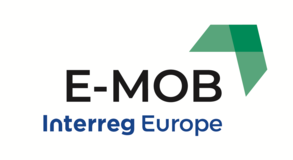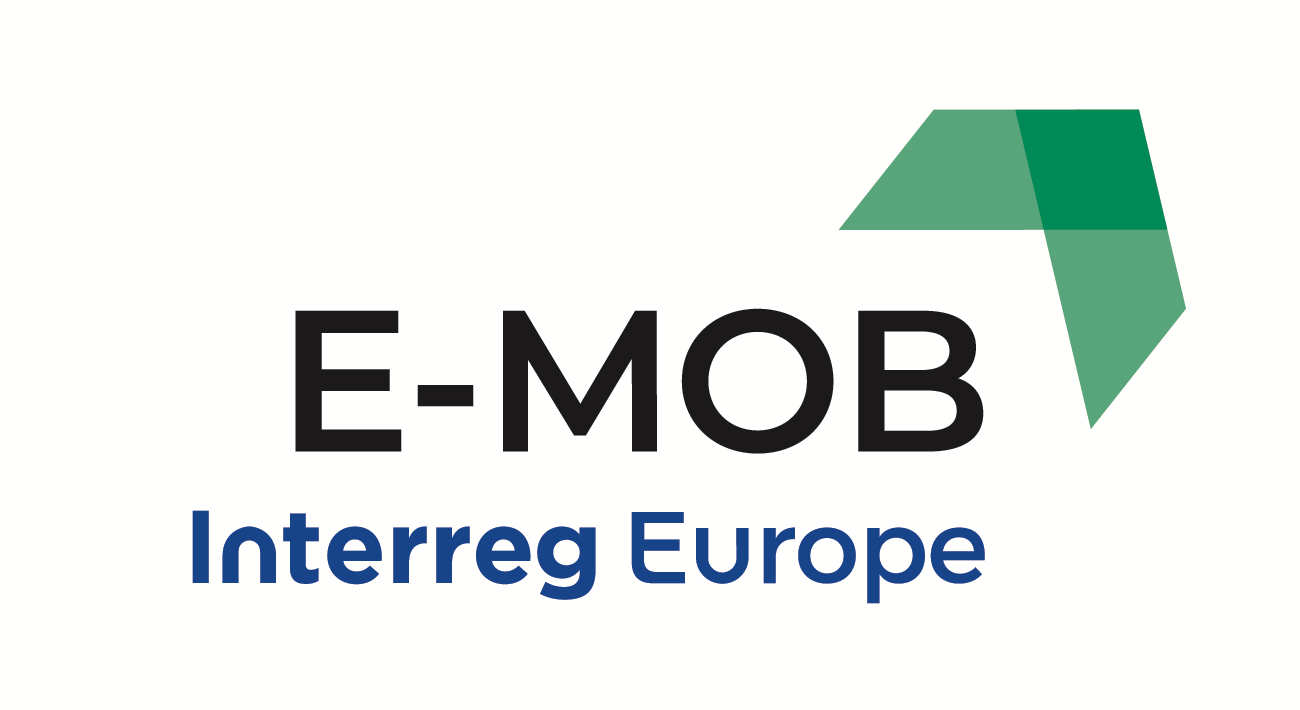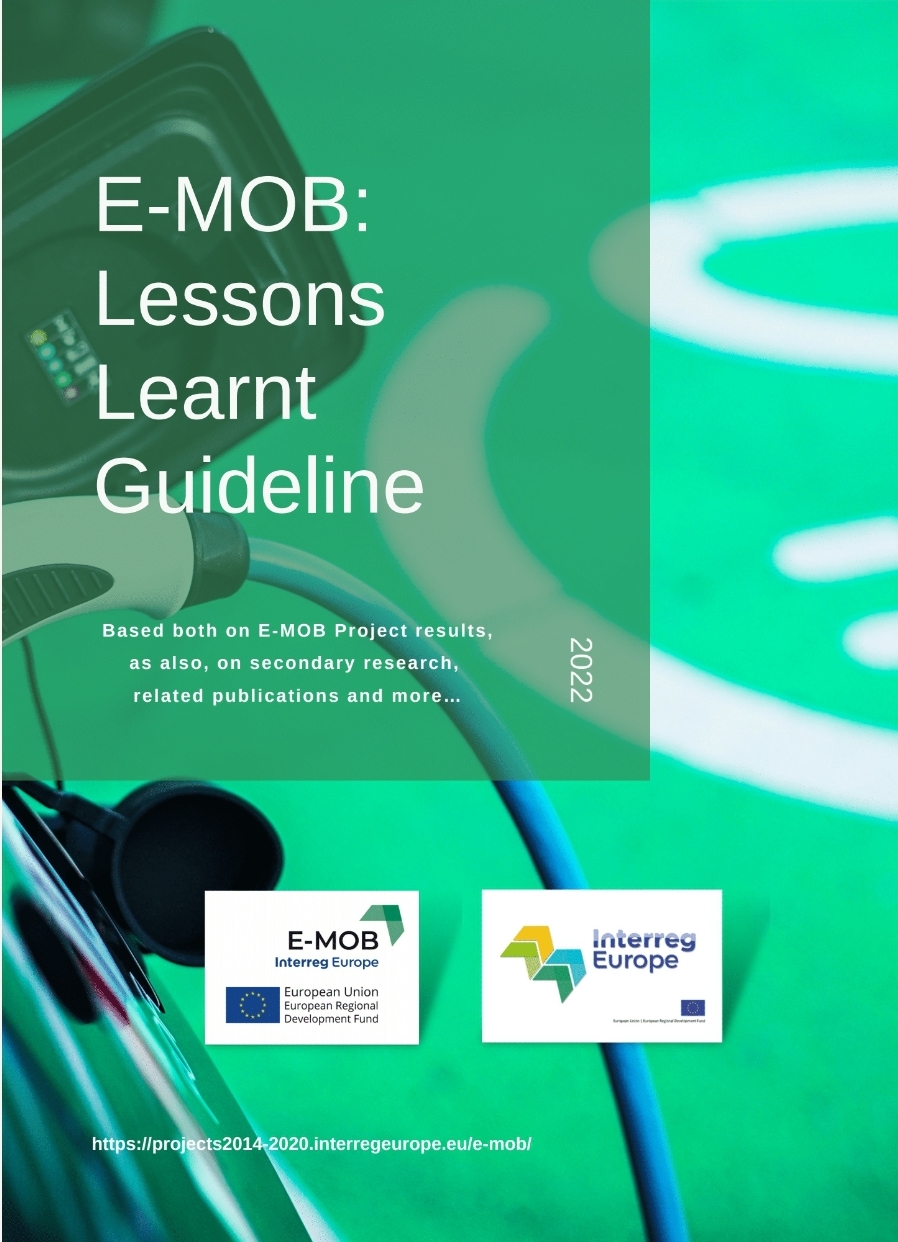We continue whit interview with our partners. Next partner is FH Vorarlberg and Prof. (FH) Dr.-Ing. Markus Preißinger whit its team.
1. Tell us something about this institution or company. What does it deal with, what are its values, how many employees do you have, etc?
FHV is a young university of applied sciences in Austria with about 300 employees and about 1500 students. We are located at the Lake of Constance next and we can reach Switzerland, Germany, and Liechtenstein within a 30 minutes car drive. In our Research Center Energy, we deal with energy systems and components as well as materials and energy technologies. We focus especially on the interaction between the energy system and its technology/component.
2. Why did your company decide to get involved in the E-MOB project?
Vorarlberg is a showcase for electromobility in Austria as we have already started with electric cars about 10 years ago. In E-MOB we want to learn from our European partners but we also want to share good practices as well as lessons learned so that other regions do not have to make the same mistakes that we made on our long journey to electric mobility.
3. Have you participated in any project related to the electromobility in the past?
We were active in “Smart City Rheintal” in which electro mobility was also an important topic. Furthermore, we are active in small projects with our energy distributor and local partners on the topic.
4. What are your expectations from the E-MOBproject?
We want to export our knowledge in a structured way, extend our network across Europe and learn from our partners.
5. What is the situation in your country with the topic of the electromobility?
Austria is not an early adopter of electro mobility but it is also not far behind the early adopters like Norway. In Vorarlberg, we have the highest share of electric cars in whole Austria and we have ambitious goals for the future (achieving 65000 electric cars by 2030).
6. What challenges do you face with the development of electromobility in your country?
The three main challenges are: 1) Not enough different electric models on the market (it’s getting better these days but in the past, only 2-3 car manufacturer even offered an electric vehicle) 2) The costs for electric vehicles are still too high, especially the rent for the battery 3) We need common legislation (e.g. for loading infrastructure) around Europe as Vorarlberg is located in the “Four Country Corner” close to the Lake of Constance.
7. According to you, what is the biggest challenge in developing electromobility? Is it batteries for vehicles, disposal of used batteries, lack of resources for battery production?
I think we need a way to decrease costs for batteries by closing the materials loop (e.g. second use batteries, recycling strategies, …).
8. Do you think society is ready to use electric vehicles?
Yes, society wants to have electric cars with reasonable mileage (400 km is enough and already on the market) and reasonable prices (this is not fulfilled at the moment).
9. Do you think that fossil fuel vehicles will be replaced by electric vehicles in the future?
Yes, there is not other chance to reach the goals of the Paris Agreement. However, we mustn’t replace every fossil fuel vehicle with an electric one. Instead we have to use less cars and increase attractiveness of public transport and car sharing.
10. Mobility has been reduced in many countries due to the COVID - 19. What is the situation in your country? How do you fight the COVID - 19 virus?
We see a trend back to taking the car instead of public transport due to the fear of people to get infected in public transport. Furthermore, due to the strict lock-down of Austria, most people are in home office and collaborate via digital media. It will be interesting to see if some meetings abroad will be carried out online in the future or if we go back to normal traveling (flying, driving long distances) after the crisis.
11. What is your vision of the city in the future in terms of the use of electric vehicles in urban mobility?
My city of the future is car privately owned car-free! Walking, cycling, car-sharing with electric cars, electric buses, and trains. Give the streets and parking spots back to nature or the people. It does not make sense to have their own car in a city.






